


In an article published in the Journal of Experimental Medicine, a group affiliated with a FAPESP-supported research center reports that an enzyme associated with energy production in cells also participates in the differentiation of immune cells involved in exacerbated inflammation. The discovery could lead to more effective treatment.

Study conducted at São Paulo State University demonstrates for first time that simple and inexpensive strategy yields better results than conventional treatment and avoids indiscriminate use of antibiotics.

Methodology developed by Brazilian researchers is based on analysis of metabolites in blood serum. Innovation has been patented and reported in Journal of Psychiatric Research.
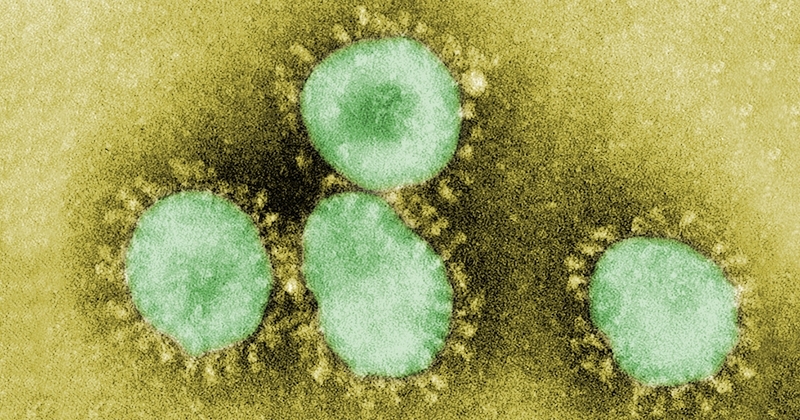
Study led by researchers at Oxford University suggests that after successive infections by the coronaviruses that cause common colds throughout life the defense system becomes specialized and cannot recognize emergent varieties such as SARS-CoV-2.
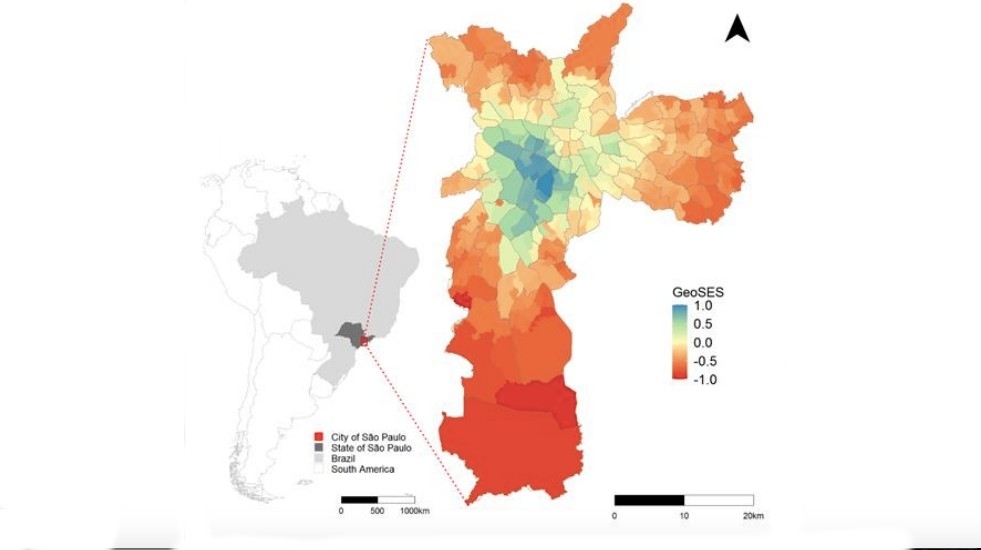
Study correlated confirmed and suspected COVID-19 deaths in the city of São Paulo between March and June with socio-economic data on area in which deceased patients lived, showing that such deaths peaked in mid-May.

Laboratory tests showed film containing silver-silica nanoparticles to be capable of eliminating 99.84% of SARS-CoV-2 particles after exposure for two minutes.

Conclusion presented by Brazilian researchers in Obesity Research & Clinical Practice is based on analysis of nine clinical studies involving 6,577 patients infected by SARS-CoV-2 in five countries.
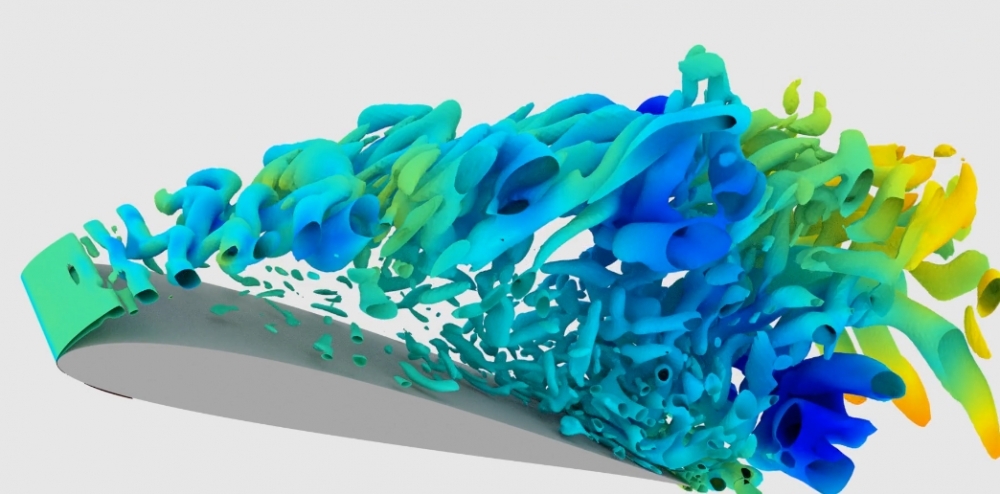
Brazilian researchers studied the morphology of owl wings in search of characteristics that enable these birds to fly silently.

Model developed by Brazilian researchers predicts spatial and temporal evolution of epidemic diseases and can help plan more effective social isolation programs with less socio-economic impact.
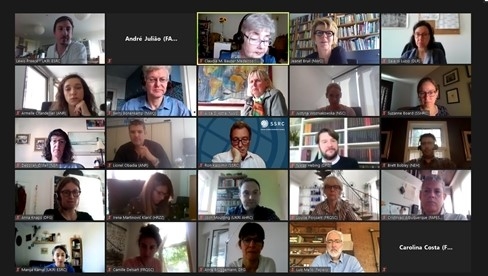
Collaborative projects in these knowledge areas can produce information that helps policymakers understand the behavioral changes required to manage the ongoing public health crisis and mitigate its impacts, according to participants in the annual meeting of the Trans-Atlantic Platform, held online in September.

An article in The Lancet stresses the vulnerability of these health workers, whose readiness to counter fake news with trustworthy information, and to monitor COVID-19 patients in home isolation, has been neglected.

Simulations using field data suggest focusing on the protection of species that live in rivers and lakes can be more efficient than the approach most used now, which focuses on terrestrial biodiversity. An article at Science is based on the findings.

Portable nuclear magnetic resonance device designed with FAPESP’s support will inform consumers regarding value added to beef products.

Protocol developed by Brazilian researchers shows SARS-CoV-2 replicating near cell nucleus. Methodology helps scientists understand coronavirus’s action mechanism and could also be used to study other viruses.
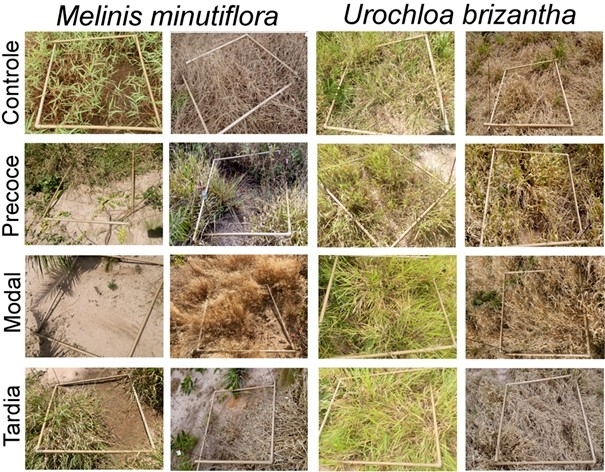
Brazilian researchers show that African forage grasses resist management by fire and that palisade grass tends to spread to burned areas previously occupied by molasses grass, another invasive species.

Brazilian researchers discover that caecilians, limbless amphibians resembling worms or snakes that emerged some 150 million years before the latter, can probably inject venom into their prey while biting.
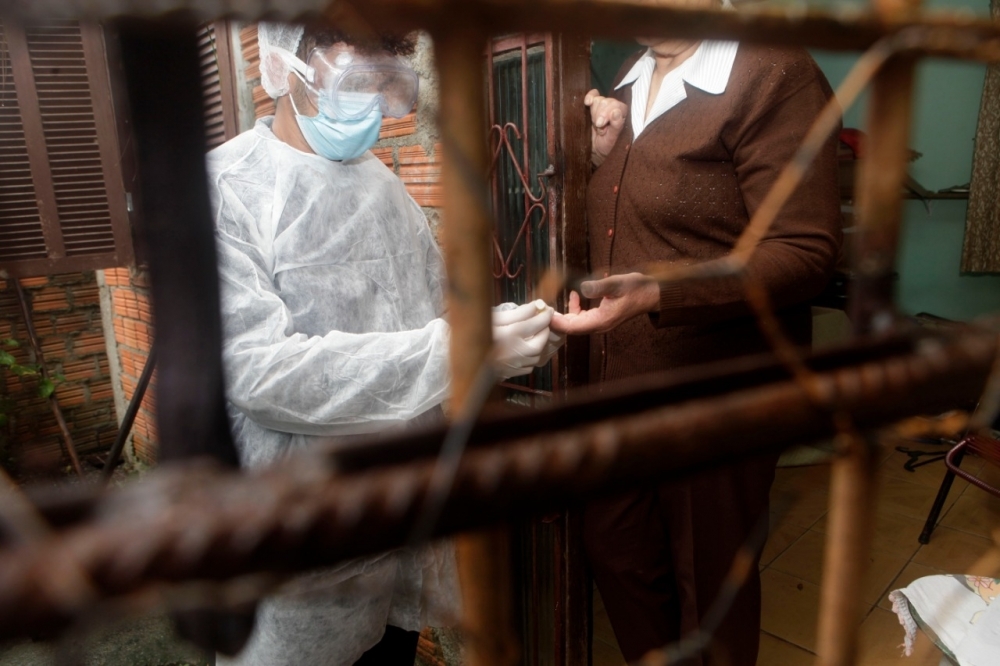
In the fourth phase of EPICOVID-19 BR, the proportion of the population with antibodies against the novel coronavirus fell from 3.8% in June to 1.4% in August in 133 cities. According to the authors, the methodology accurately estimates contagion rates in the previous 45 days.
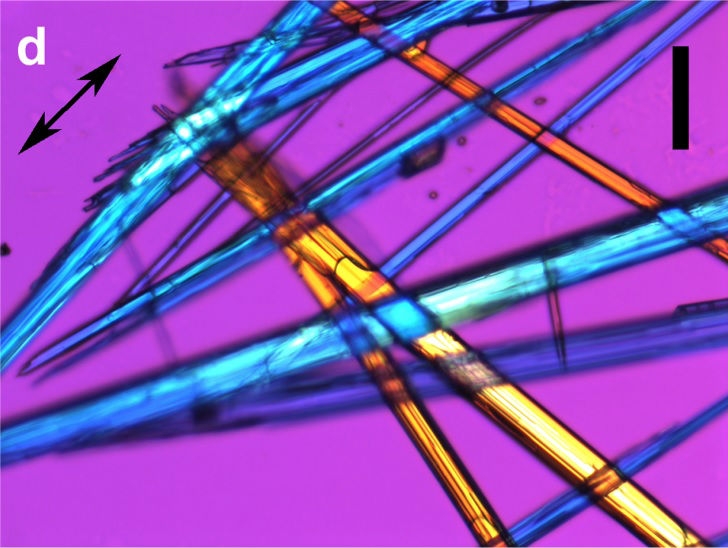
Brazilian research group shows that valproic acid (VPA), used to treat epilepsy since the 1960s, modulates gene expression in tumor gene models and acts on DNA conformation and the histones in chromatin.
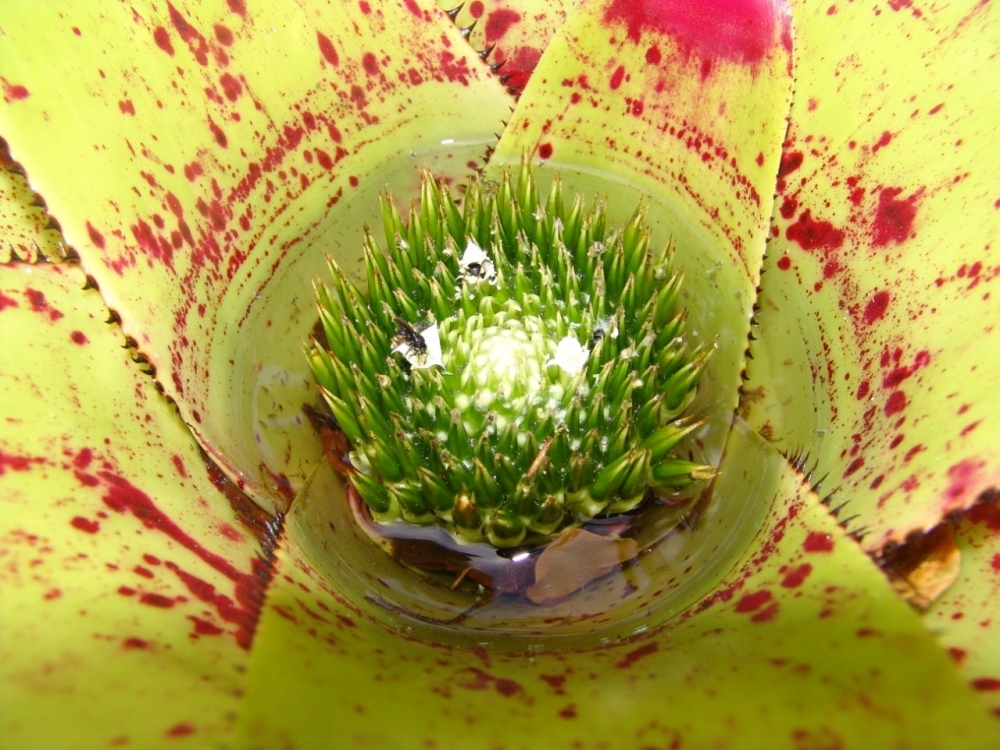
Researchers from six countries in the Americas explored bromeliad microcosms, showing how drought and flood affect the functioning of aquatic ecosystems, especially at the bottom of the food chain.
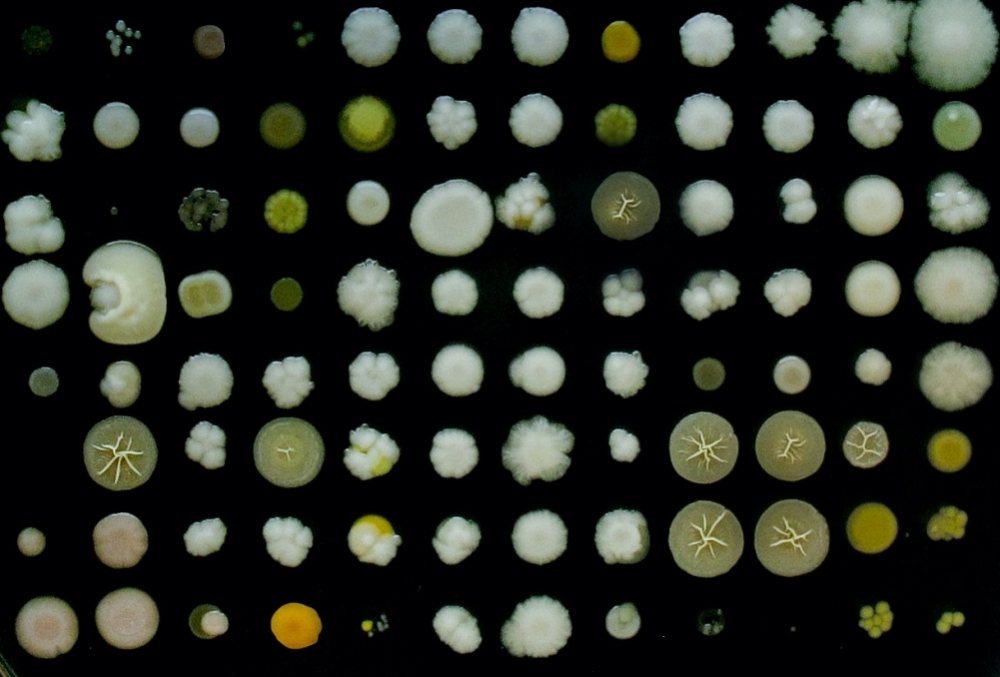
New research field promises to transform food production and treatment of diseases. A global panel of experts unified concepts to define research priorities and offer basis for legislation.
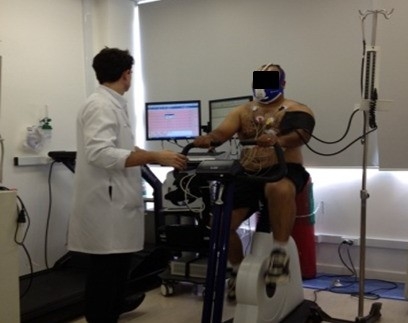
Brazilian researchers’ finding that exercising in the evening reduces blood pressure more than in the morning can help health professionals choose the time of day for aerobic training depending on the type of anti-hypertensive drug they take.

The startup’s founders were researchers at the University of São Paulo and adjusted their marketing strategy to focus on regenerative, veterinary and sports medicine thanks to training provided by PIPE, FAPESP’s program for Innovative Research in Small Business.
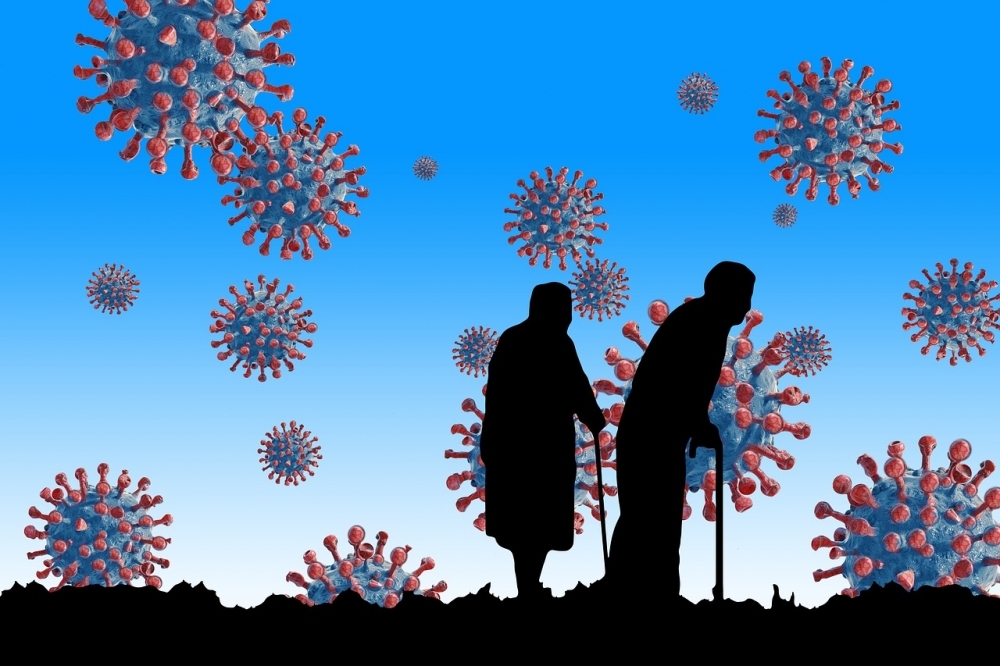
Researchers affiliated with institutions in Brazil and elsewhere analyzed blood work from almost 179,000 people who were tested for the novel coronavirus. They obtained the data from COVID-19 Data Sharing/BR, an open-access repository established by FAPESP.
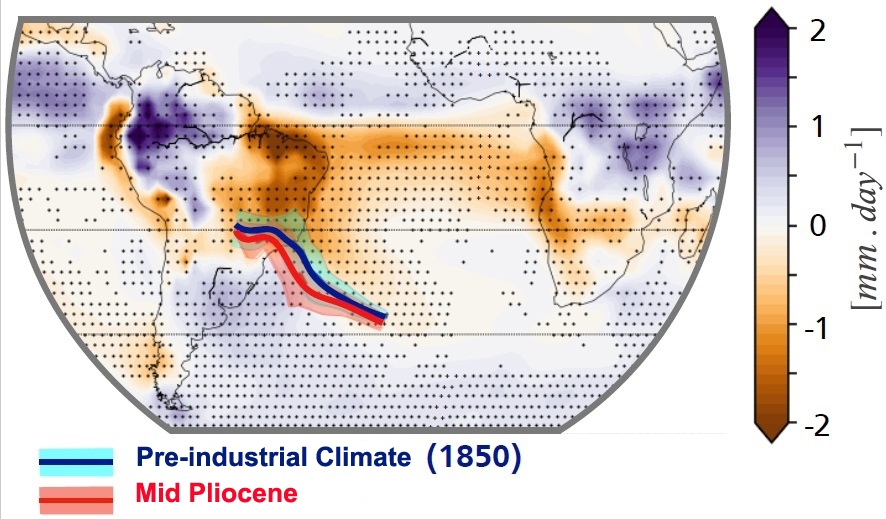
Analysis published in Scientific Reports is based on climate models for the mid-Pliocene period, which occurred 3 million years ago and shared characteristics with present-day warming.

Economists who took part in a webinar organized by FAPESP to discuss options for the post-pandemic economic recovery said this is the right time to implement broad basic income policies.